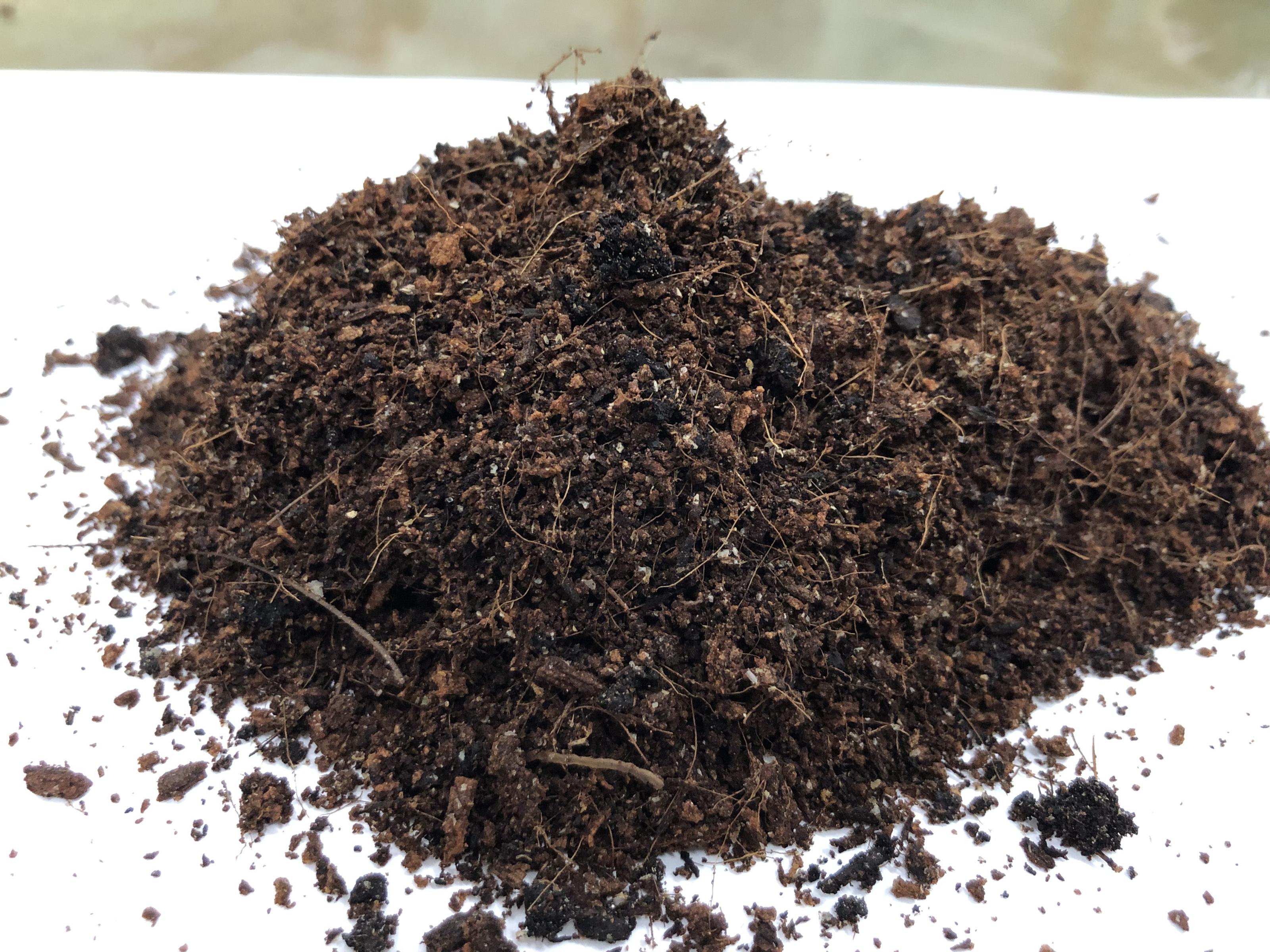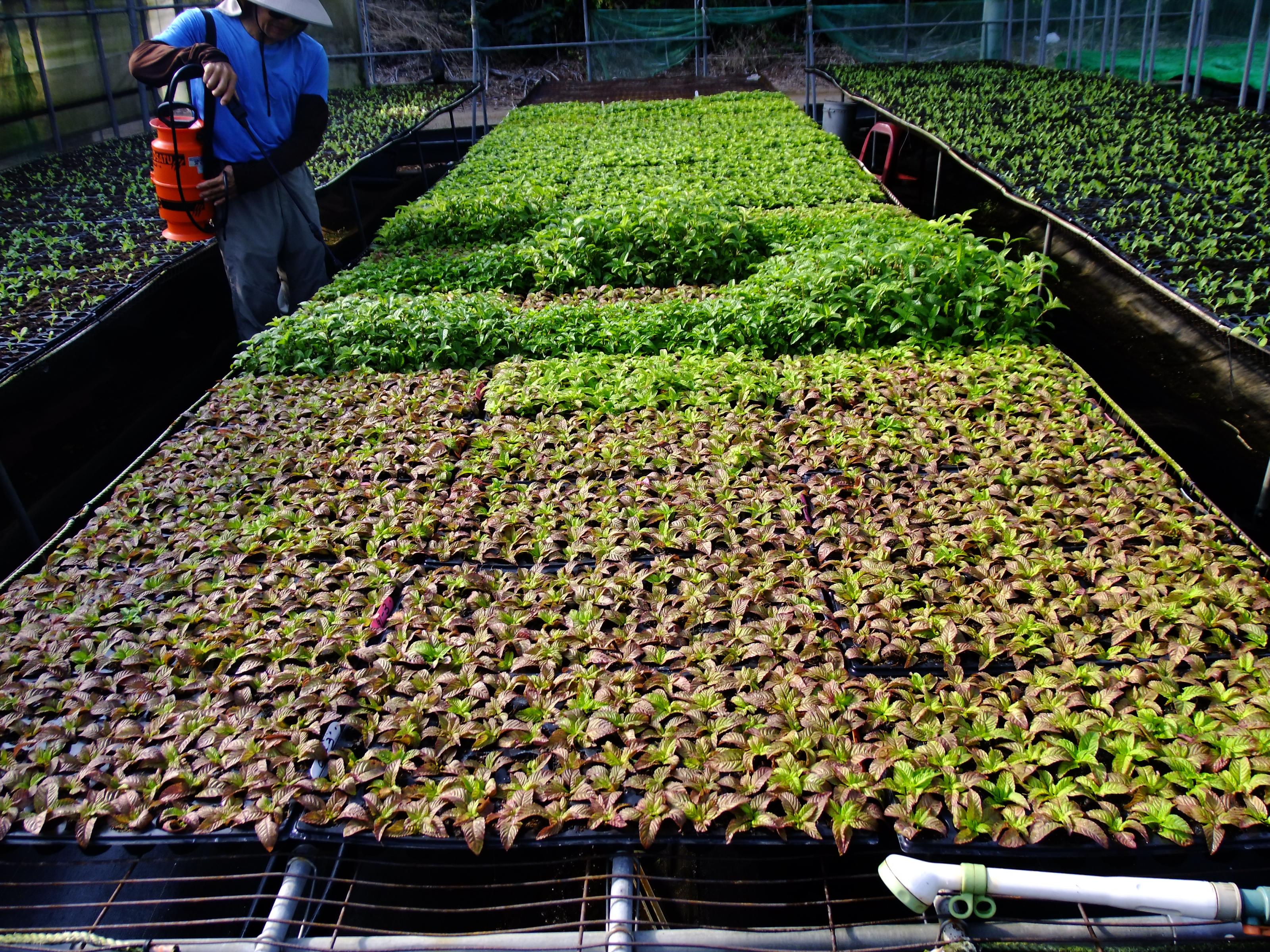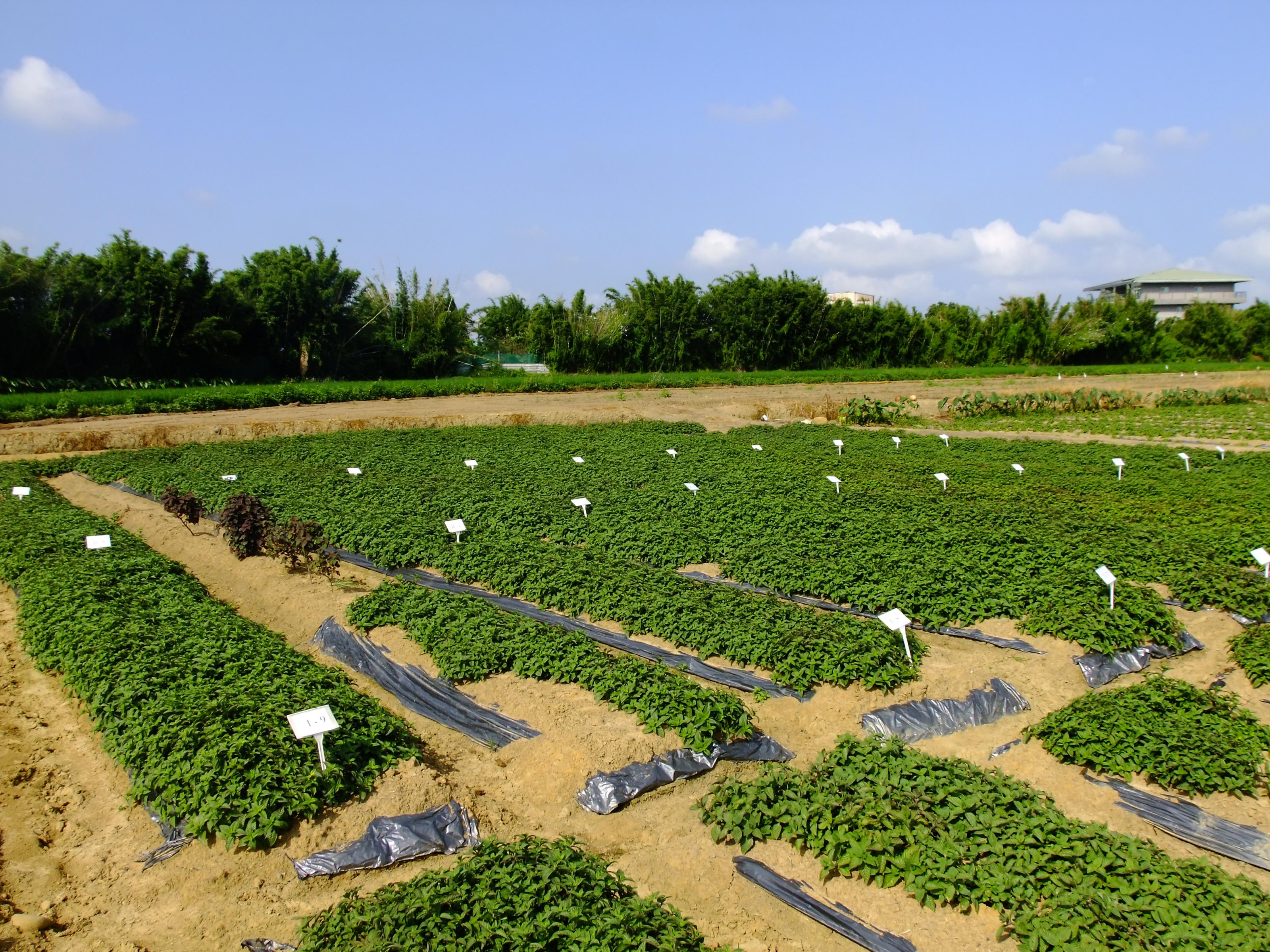News
- MOA News
- Stable Strawberry Production Starts from Seedling Management - Taoyuan DARES Highlights Five Key Practices
- Circular Technology Helpers Pave the Way for a Green Agricultural Future – Integrated Carbon-Reduction Solutions
- Introduction of a New Hydrangea Cultivar - Spring Blooms and Dancing Butterflies
- "Vegetable-Based Food and Agriculture Education Cultivation Kit" Developed to Support Educators in Promoting Agri-Food Literacy
- "Taoyuan No. 3 - Round-Headed" New Tumorous Mustard Cultivar Launched to Boost the Pickled Mustard Industry
- "Taoyuan No. 4" Seedling Medium Optimizes Agricultural Residues for Carbon Reduction, Environmental Protection, and High Efficiency
- Development of Blast-Resistant Rice Cultivar “Taoyuan No. 7” Using Molecular Marker-Assisted Breeding
- Innovative Cultivation Technology for Emerging Vegetable Baby Leaf Lettuce
- Taoyuan District Agricultural Research and Extension Station Introduces “Urban Farming Hub” – Your Personal Cultivation Consultant
- Taoyuan District Agricultural Research and Extension Station Launches Electric Crawler-Type Vegetable Transplanter Addressing Labor Shortages and Aging Workforce
- Hydrangea "Taoyuan No. 1 - Dancing Butterfly" Makes a Stunning Debut
- Taiwan's Vanilla Rising: Cultivating World-Class Sweetness
- The Fresh Face of Citrus: Pioneering New Horizons in the Citrus Industry
- Greenhouse Strawberry with Elevated Three-Dimensional Cultivation Stabilizes Yield and Reduces Production Risks
- Techniques for the Prevention and Improvement of Soil Salinity in Facility Vegetables
- Unexpected Blooming Season - New Cultivar of Camellia Blooms in Summer and Autumn
- Instant Field Management Made Easy with LINE Messaging
- Circular Carbon Reduction in Agriculture: Innovating Mesona Seedling Medium with Green Resources
News
Press Release from Taoyuan District Agricultural Research and Extension Station, Ministry of Agriculture
Circular Carbon Reduction in Agriculture: Innovating Mesona Seedling Medium with Green Resources
November 13, 2023
Taoyuan District Agricultural Research and Extension Station of Ministry of Agriculture (hereinafter TYDARES) has pioneered the use of green agricultural by-products, including coconut fiber and cow manure, to create an innovative seedling medium for mesona, commonly known as jelly grass. This novel medium not only enhances the growth metrics of mesona plug seedlings, such as leaf count and dry weight, significantly surpassing those grown in traditional commercial mediums, but also does so at a cost reduction of 38-75%. This advancement offers seedling producers an opportunity to raise superior quality mesona seedlings more affordably, lowering production costs considerably.
TYDARES disclosed that within its jurisdiction, private nurseries have been producing between 170,000 to 200,000 mesona plug seedlings annually for the past three years. The demand can surge further if needed by regions like Changhua, Yunlin, and Chiayi, necessitating about 8,400 liters of medium for every 200,000 plug seedlings produced. Faced with the steep prices of commercial peat mediums and the inconsistent quality resulting from self-composted mediums, TYDARES has strategically developed this cost-effective and quality-consistent mesona propagation medium using readily available agricultural by-products.
Trial outcomes revealed that this specially formulated medium, incorporating varying ratios of mature cow dung compost and rice bran, along with different concentrations of organic liquid fertilizer, yielded a maximum robust seedling index (leaf count per plug seedling x total plant dry weight) of 5.92. Additionally, the seedlings exhibited a remarkable absolute growth rate in plant height of 0.14 cm per day between 15-30 days after transplantation into fields, indicating a promising reduction in weed management expenses due to the rapid initial growth rates of mesona seedlings. Remarkably, the production cost for this medium and fertilization technique is estimated at around 31,000 TWD for every 200,000 plug seedlings, significantly lower than the 60,000 to 120,000 TWD range for commercial mediums, thereby achieving a 38-75% cost reduction. This breakthrough ensures a consistent medium supply and cultivates robust mesona plug seedlings, aligning with organic standards and emphasizing sustainable resource use.
TYDARES further announced that the proprietary mesona seedling medium formula and fertilization approach have been successfully transferred to Zi-Cheng Farm in the Yangmei District, Taoyuan City, for practical application in mesona seedling cultivation. TYDARES intends to extend the application of this formula to the cultivation of other fruit and vegetable seedlings, aiming to elevate the seedling industry and promote the sustainable reuse of agricultural materials. Seedling producers interested in this innovative medium and cultivation technique are encouraged to reach out to Assistant Researcher Lai at the Taoyuan Station, contactable at 03-4768216, extension 241.
Contact Information:
Spokesperson and Deputy Director: Yang-Jen Fu, Tel: 03-4768216 ext. 101, Mobile: 0919872010
Crop Improvement Section: Assistant Researcher Chao-hung Lai, Tel: 03-4768216 ext. 241

Fig. 1. Appearance of the mesona (jelly grass) seedling medium formulated with agricultural by-products such as coconut fiber.
Fig. 2. The mesona seedling medium formulation and fertilization management techniques can increase the robust seedling index of mesona by nearly 60%.
Fig. 3. The rapid initial growth rate after transplantation into the field reduces the cost of weed control in the field.



